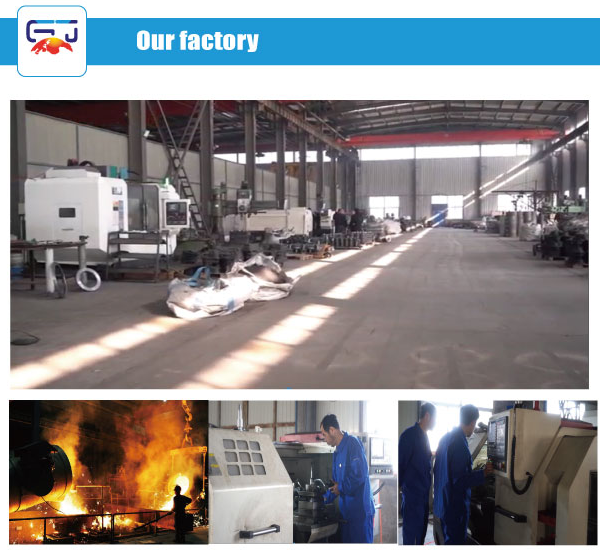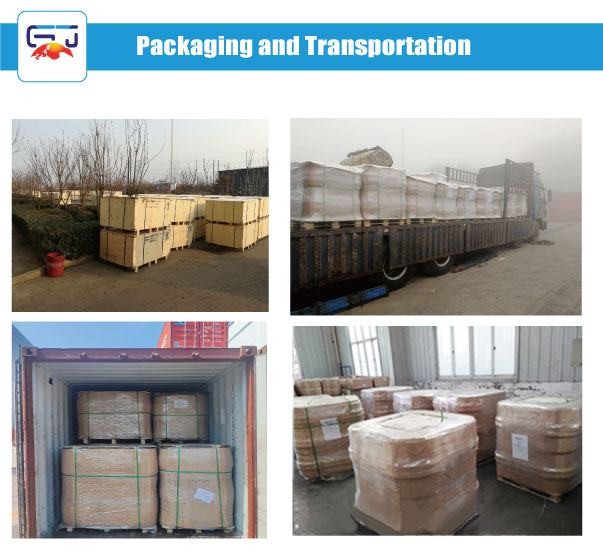When choosing truck parts reducers, the following aspects should be taken into consideration:
I. Clarify Truck Requirements
Truck Types and Uses
Different truck types, including cargo trucks, tractors, and dump trucks, have distinct requirements for reducers. For instance, cargo trucks typically need a larger torque output to handle heavy loads. In contrast, tractors might place more emphasis on stability and efficiency when driving at high speeds.
Determine the performance requirements of reducers based on the specific uses of trucks, such as long-distance transportation, engineering construction, or urban distribution. For example, long-distance transportation trucks require reducers with high reliability and good fuel economy. Trucks used in engineering construction may need stronger torque and greater durability.
Load and Power Requirements
Accurately grasp the load capacity and engine power of the truck. The load-bearing capacity of the reducer should be in line with the truck's load to ensure normal operation under full load and harsh working conditions.
Consider the driving needs of the truck under different road conditions, such as climbing, accelerating, and high-speed driving. These situations have varying requirements for the torque output and power transmission of the reducer.
II. Consider Performance Parameters
Transmission Ratio
Select an appropriate transmission ratio according to the engine speed, wheel diameter, and driving speed requirements of the truck. A larger transmission ratio can provide greater torque but will reduce vehicle speed, while a smaller transmission ratio has the opposite effect.
Consider the actual usage of the truck. For instance, when driving in mountainous areas, a larger transmission ratio is needed to enhance climbing ability. When driving on highways, a smaller transmission ratio can be chosen to increase vehicle speed.
Efficiency
High-efficiency reducers can reduce energy consumption and improve the fuel economy of trucks. When choosing a reducer, pay attention to its transmission efficiency, especially its efficiency performance under full load and high-speed driving.
You can refer to the technical parameters of the reducer and the evaluations of actual users to understand its efficiency level under different working conditions.
Reliability and Durability
Trucks will encounter various harsh road conditions and working conditions during driving, so the reliability and durability of reducers are of crucial importance. Choose products with a good quality reputation and those that have undergone strict testing and certification.
Pay attention to the manufacturing process, material quality, and maintenance requirements of the reducer. High-quality materials and precise manufacturing processes can increase the service life of the reducer and reduce the likelihood of failures.




